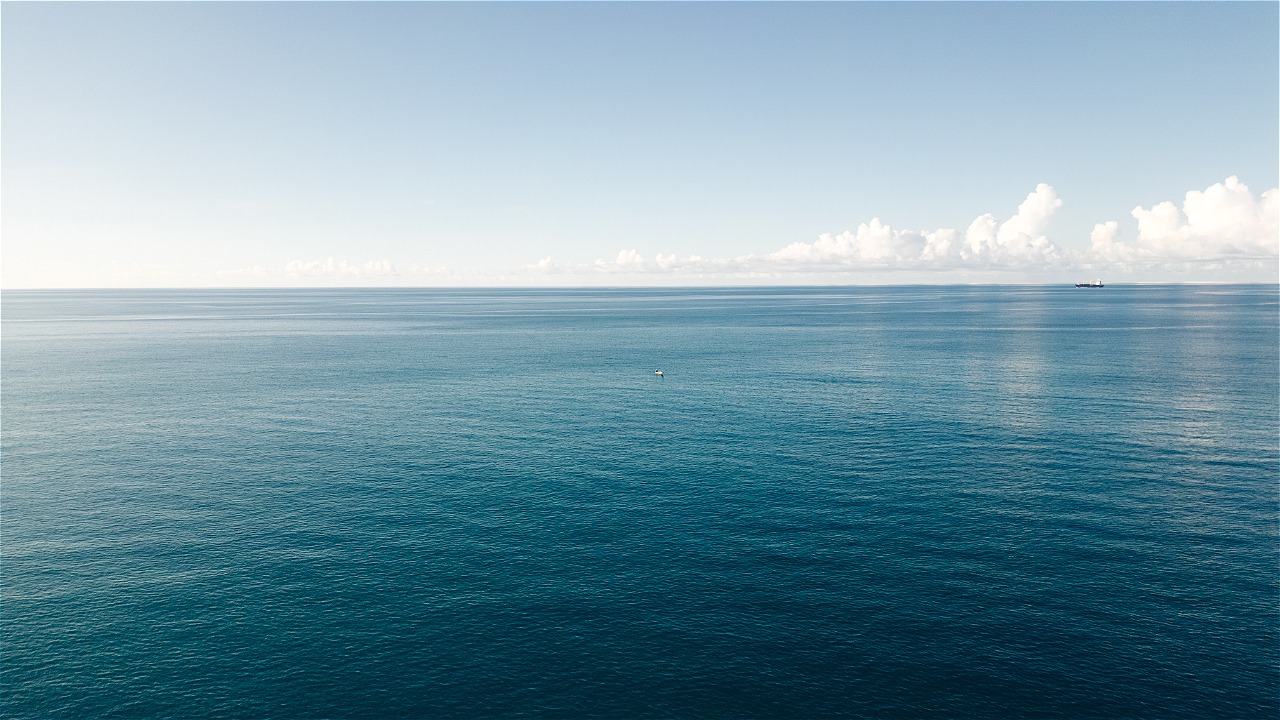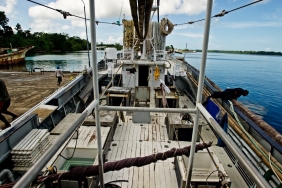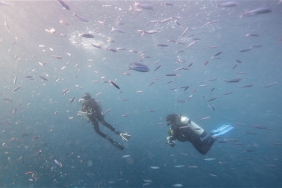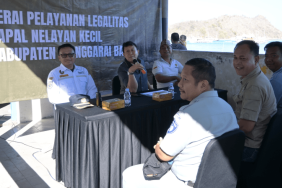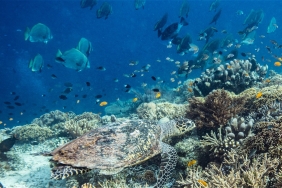PREVENTING THE THREAT OF MASS TOURISM IN SULTRA WITH AN ECO-FRIENDLY MARINE TOURISM GUIDE (BEEP)
By: Martina Rahmadani, Responsible Marine Tourism Officer WWF SESS Program
The Regional Development Agency at the Regional Development Planning Agency (Bappeda) of Southeast Sulawesi (Sultra) Province has identified 68 coral reef locations located on almost all islands in the area nicknamed Bumi Anoa.
Wakatobi National Park, Lasolo Bay Marine Tourism Park, Padamarang Islands, as well as parts of the estuary of Rawa Aopa Watumohai National Park and Labengki Island, Hari Island, and Bokori Island are a series of marine tourism destinations that offer coral reef charm. Visiting these places, tourists will be spoiled with charming natural scenery while enjoying surface diving (snorkeling), diving (diving), and fishing activities.
However, as tourist visits to marine tourism sites increase, this potential is expected to be eroded by the pressure of human activities. For example, the emergence of the phenomenon of mass tourism (mass tourism) that has occurred in many global destinations, where the number of tourist visits begins to exceed the capacity of the tourism ecosystem in that place.
The term refers to destinations where tourists, hosts, and locals have begun to feel the weight of tourist arrivals such that the quality of life and experience in the destination has declined beyond acceptable limits.
Mass tourism has occurred in many places such as Mallorca and Barcelona in Spain, New Orleans in the US, Santorini in Greece, and Reykjavik in Iceland. In May 2016, the Thai government announced to temporarily close Koh Tachai Island, one of the diving destinations with beautiful beaches in the country. The reason was that the environment and natural resources of Koh Tachai Island were damaged and degraded due to the large number of tourists. While it was closed, the local government revitalized its coral reefs and marine ecosystems.
Globally, the problems range from garbage and waste, damaged public facilities, damage to historical sites and the natural environment, to disturbing the comfort of local residents. In fact, there are a number of cases where tourists complain about the behavior of other tourist groups from certain countries.
In Indonesia, the destruction of three coral reef observation stations in the Gili Trawangan area, West Lombok - is a portrait of irresponsible tourism management, one of which is due to mass tourism.
According to Suharsono-1998, the condition of coral reef cover in the Gili Trawangan area in 1990 was still quite high, ranging from 60-80 percent. However, twelve years later it was reported, from three observation stations there was only one station that the coral condition was still good with 55 percent cover. This shows that tourist activity from year to year has caused considerable damage.
Initiatives to encourage responsible tourism management began to be carried out by WWF-Indonesia by introducing Guidelines for Eco-friendly Marine Tourism. These guidelines, known as Best Environmental Equitable Practices (BEEPs), are targeted at tourism operators, communities and governments by encouraging as many individuals as possible to participate in reducing the pressure of human activities on marine tourism destinations. One of them is through training for journalists in Kendari City, the capital of Southeast Sulawesi Province, which was held on Bokori Island (4/11).

